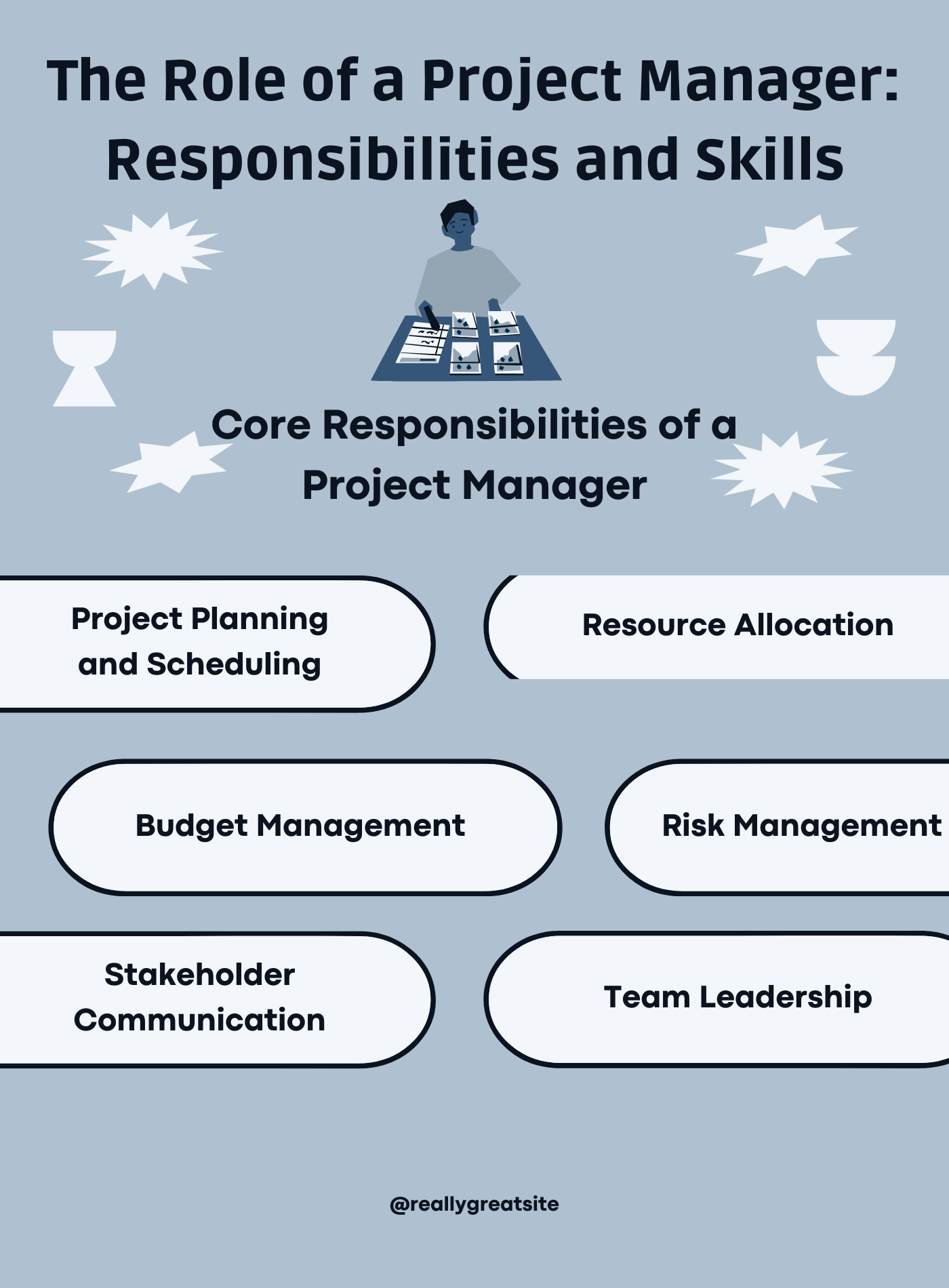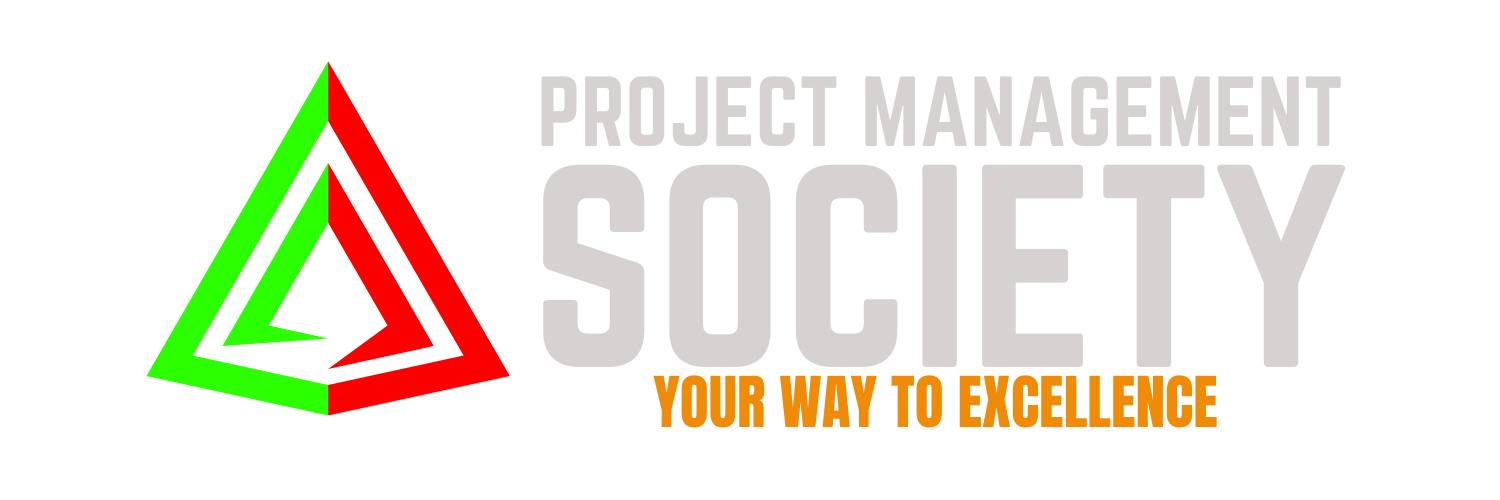 In today’s dynamic business environment, the role of a project manager (PM) has become indispensable. Project managers are the linchpins that ensure projects are completed on time, within scope, and on budget. Their responsibilities are vast, ranging from planning and execution to team management and risk mitigation. To excel in this role, a PM must possess a diverse set of skills, both technical and interpersonal.
In today’s dynamic business environment, the role of a project manager (PM) has become indispensable. Project managers are the linchpins that ensure projects are completed on time, within scope, and on budget. Their responsibilities are vast, ranging from planning and execution to team management and risk mitigation. To excel in this role, a PM must possess a diverse set of skills, both technical and interpersonal.
Core Responsibilities of a Project Manager
- Project Planning and Scheduling: A project manager’s primary responsibility is to develop a detailed project plan. This involves defining project goals, identifying necessary resources, estimating time and cost, and setting key milestones. Effective planning lays the foundation for successful project execution and helps prevent scope creep and timeline delays.
CLICK HERE TO DOWNLOAD 300+ PROJECT MANAGEMENT TEMPLATES & DOCUMENTS IN EXCEL
- Resource Allocation: PMs must ensure that the right resources are available at the right time. This includes human resources, materials, and technology. Proper resource allocation is crucial for maintaining project momentum and achieving objectives without unnecessary delays.
- Budget Management: Keeping the project within budget is a critical task. PMs are responsible for creating a budget plan, tracking expenses, and making adjustments as necessary. They must balance the financial aspects of the project without compromising on quality or scope.

- Risk Management: Identifying potential risks and developing mitigation strategies is essential. Project managers need to foresee issues that could derail the project and have contingency plans in place. This proactive approach helps minimize disruptions and maintain project stability.
- Stakeholder Communication: Maintaining clear and consistent communication with stakeholders is vital. PMs must ensure that all parties are informed about project progress, changes, and any issues that arise. Effective communication fosters transparency and trust among stakeholders, which is crucial for project success.
- Team Leadership: A project manager leads the project team, motivating members, resolving conflicts, and ensuring collaboration. Strong leadership is necessary to keep the team focused and productive, especially during challenging phases of the project.
 Essential Skills for a Project Manager
Essential Skills for a Project Manager
- Organizational Skills: Being organized is fundamental for a PM. They must manage multiple tasks, timelines, and responsibilities simultaneously. Good organizational skills help in maintaining order and ensuring that nothing falls through the cracks.
- Communication Skills: Effective communication is a cornerstone of project management. A PM must convey ideas, listen to feedback, and facilitate discussions. Both verbal and written communication skills are vital for interacting with team members, stakeholders, and clients.
- Problem-Solving Abilities: Projects often encounter unforeseen issues. A PM must have strong problem-solving skills to address challenges promptly and efficiently. This involves analytical thinking, creativity, and decisiveness.
CLICK HERE TO DOWNLOAD 300+ PROJECT MANAGEMENT TEMPLATES & DOCUMENTS IN EXCEL
- Time Management: Managing time effectively is crucial for meeting deadlines and milestones. PMs must prioritize tasks, delegate appropriately, and avoid procrastination to keep the project on track.
- Technical Proficiency: Depending on the industry, a project manager may need specific technical skills. For instance, IT project managers should understand software development, while construction PMs need knowledge of building regulations and practices. Technical proficiency ensures that the PM can make informed decisions and provide valuable insights.

- Leadership and Interpersonal Skills: Strong leadership skills help in guiding and motivating the team. Interpersonal skills are also critical for building relationships, managing team dynamics, and resolving conflicts. A PM who is empathetic and approachable can foster a positive team environment.
Conclusion
The role of a project manager is multifaceted and demanding, requiring a balance of technical know-how, organizational prowess, and interpersonal finesse. Successful project managers are those who can plan meticulously, communicate effectively, and lead with confidence. By mastering these responsibilities and skills, PMs can steer their projects to successful completion, delivering value to their organizations and stakeholders.
